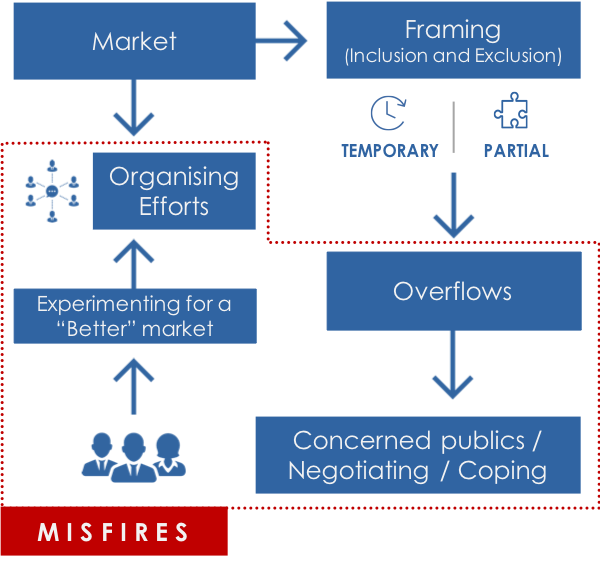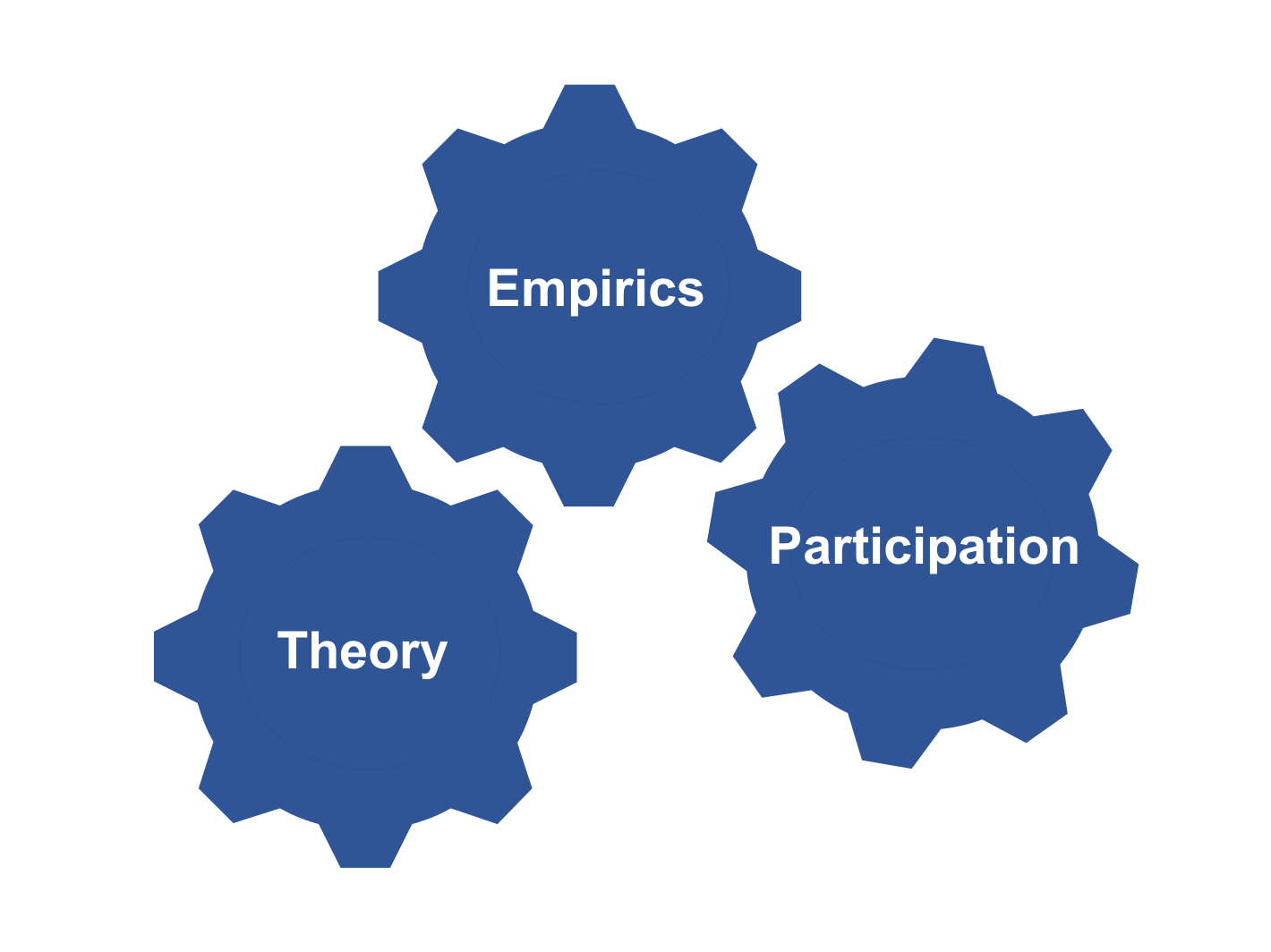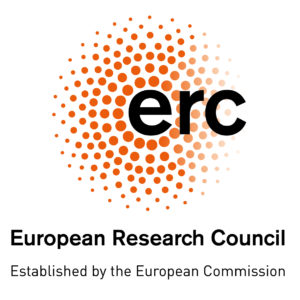
MISFIRES will guide new academic and policy thinking by establishing how: 1) concerned actors voice and mobilise around the notion that a market has ‘failed’ them; 2) concerned actors seek to negotiate and address market failures; 3) this process may lead to ‘better’ markets.
MISFIRES’ aim is to establish what makes markets ‘better’ from the perspective of those let down or marginalised by them, and what actions these actors can take to open up the markets in question to their concerns. MISFIRES asks how actors can engage with a market’s failures to challenge its organisation and make it more collaborative, more open to civic values and to social or political concerns. It takes healthcare markets as prototypical examples of ‘concerned markets’ (Geiger et al., 2014), characterised by diverse interests of multiple actors, significant social and political stakes, and a long tradition of collective action. To understand market-based activism in these markets we need new conceptual frameworks that explain how actors try to reconfigure or innovate them from the inside to make these markets ‘better’, and we need empirical insights that map how collaborative action in such markets translates into market change. Only then can we understand how researchers and policy makers may support these processes.
MISFIRES relies on science and technology studies, pragmatic sociology and critical market studies to shift thinking around market organisation and innovation from failure and design to collaboration and experimentation. The project follows an ethnographic and participatory inquiry, including digital methods of collaboration and research, to explore how a market’s failures can lead us to markets that are more attentive to and accommodating of the concerns they create. Empirical work is organized through a multiple case study approach, with three exemplary contested markets in healthcare (licensing of antiretroviral drugs, Hepatitis C pricing, and the use of DNA data) and two emergent cases to investigate the activities concerned actors undertake, and the instruments and devices they experiment with, to re-organise these markets.
We focus on health markets as prototypical ‘concerned markets’ where the contestation of existing market frames and mechanisms is ever-looming and where multiple interests coincide and clash. Healthcare markets offer exemplary sites for a number of reasons. The healthcare domain has witnessed strong and long-standing patient movements and activism. Notions of justice and public good in this area are of central societal importance. The construction of markets in healthcare is a relatively recent phenomenon, yet misfires abound in these markets. For instance, severe criticism has been made of the effects of the global Intellectual Property (IP) regime in this area, raising the study of healthcare markets to an economic and political significance beyond any single case (Geiger and Finch 2016).  Research has also pointed to the difficulties of market-based experiments (e.g. Geiger and Gross 2018).
Research has also pointed to the difficulties of market-based experiments (e.g. Geiger and Gross 2018).
One fundamental strand of this research will be the use of participatory methods of inquiry to include patient advocacy groups and other affected publics as key stakeholders in this project. This will be research by and with affected publics rather than ‘on’ them, and it will explore new terrain in how innovative research methods can be used in the development of ‘better’ healthcare markets. The aim of this participatory inquiry is to produce, in collaboration with a wide range of
market activists and concerned publics, an analysis of the economic, social or moral problems posed by the current market organisation, and subsequently propose and test ways in which these markets could be opened up to alternative configurations. Questions asked include (how) could collaborative tools be used in advancing public reflections on markets? How can researchers  help concerned publics move from reflecting to redevising the market, from deliberation to action? What is the role of the participant researcher, academic activist or policy maker in bringing these forums to life or in helping concerned publics get their concerns included in existing forums? This questioning will also include exploring digital tools both as research tools and as tools of participating in organising healthcare markets.
help concerned publics move from reflecting to redevising the market, from deliberation to action? What is the role of the participant researcher, academic activist or policy maker in bringing these forums to life or in helping concerned publics get their concerns included in existing forums? This questioning will also include exploring digital tools both as research tools and as tools of participating in organising healthcare markets.
For further information on this research please contact the Principal Investigator Susi.geiger@ucd.ie
Further reading:
Geiger, S., & Finch, J. (2016). Promissories and pharmaceutical patents: agencing markets through public narratives. Consumption Markets & Culture19(1): 71-91.
Geiger, S. & Gross, N. (2018). Market Failures and Market Framings: Can a Market be Transformed from the Inside?Organization Studies, Vol 39 (10), pp. 1357 – 1376.
Geiger, S., Harrison, D., Kjellberg, H., & Mallard, A. (Eds.). (2014). Concerned Markets: Economic Ordering for Multiple Values.Edward Elgar Publishing, Cheltenham.
Photo by freestocks.org on Unsplash


